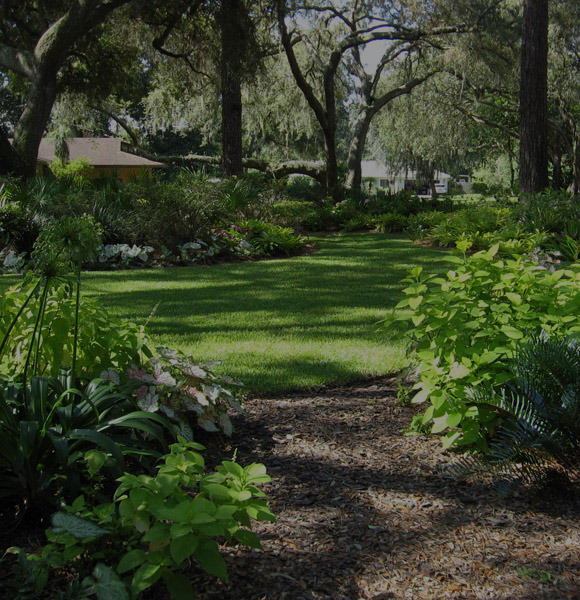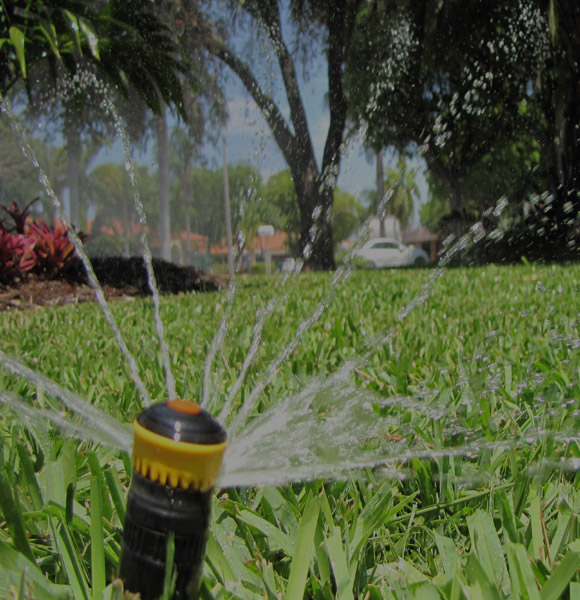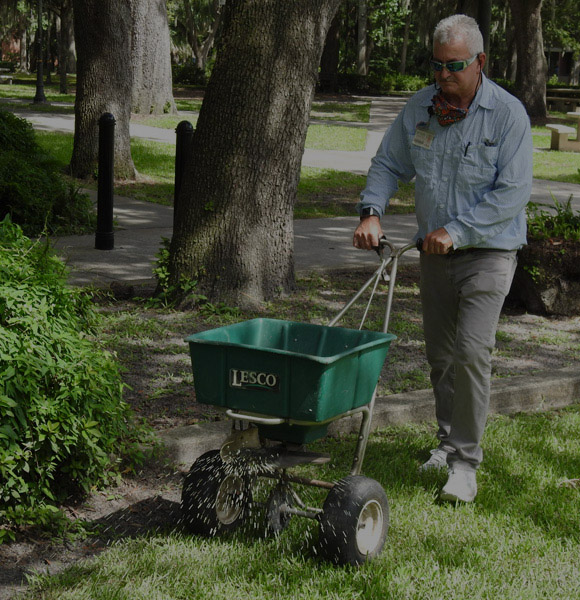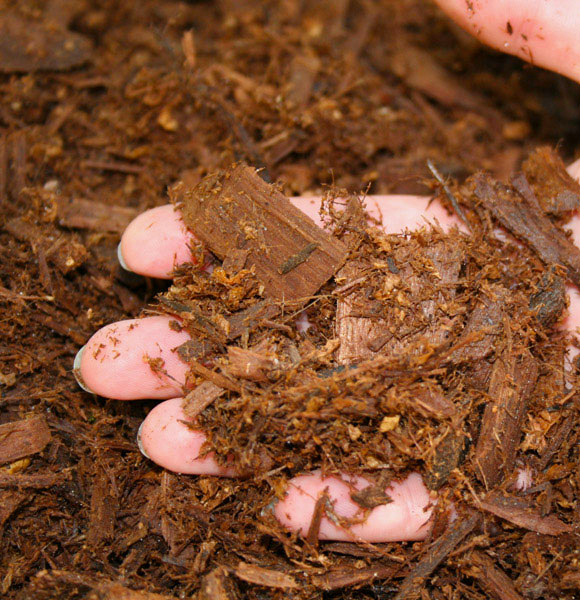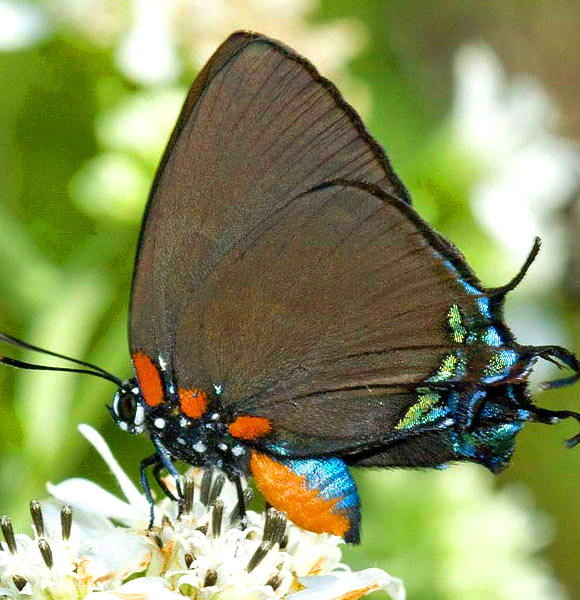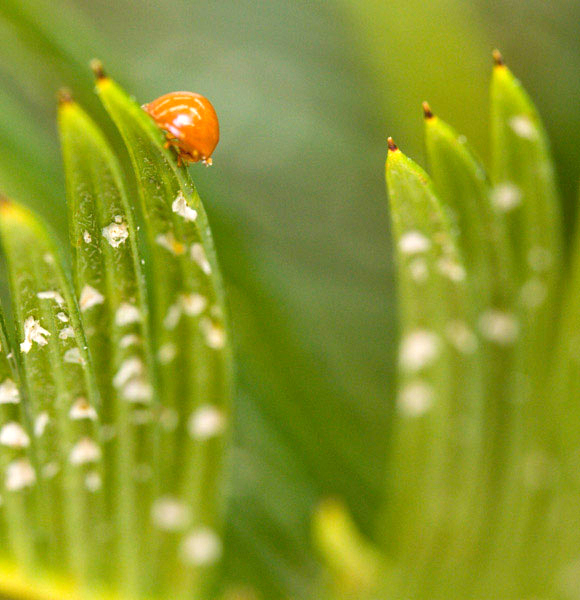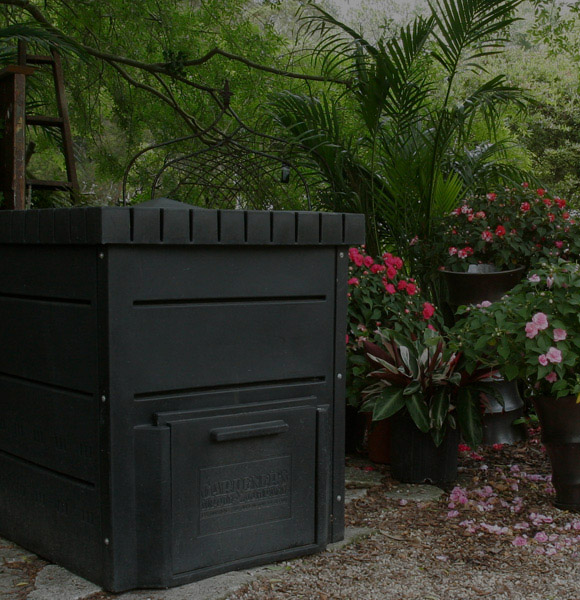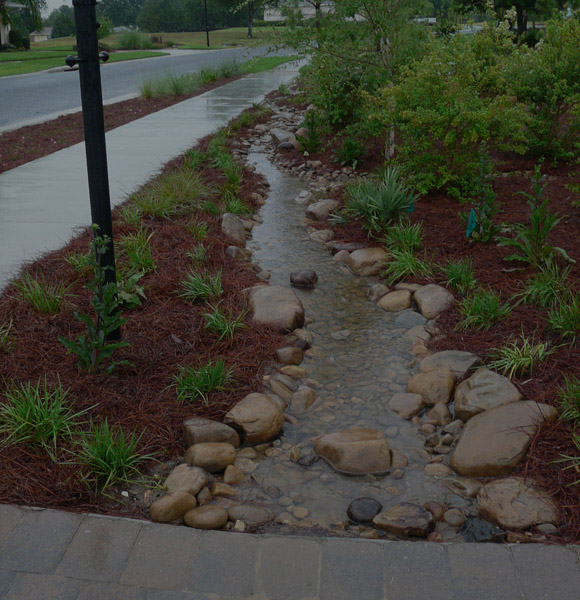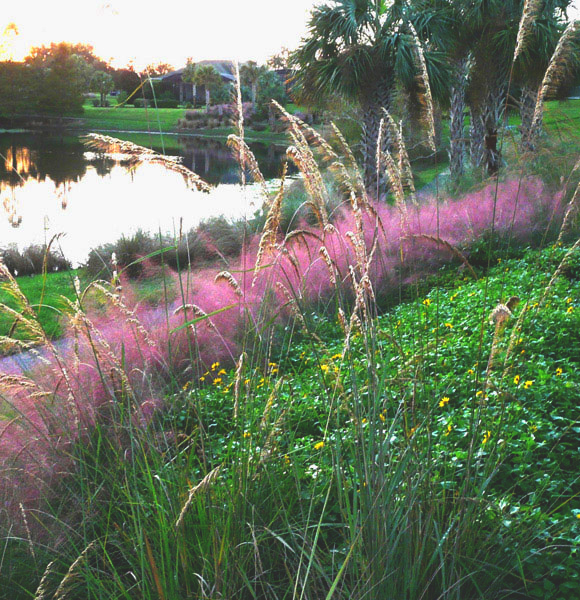For Home Landscapes
Integrated Pest Management (IPM) is a strategy that helps gardeners manage pests with as few chemicals as possible. To prevent disease and insect outbreaks, select pest-resistant plants and put them in suitable locations. When problems do arise, remove the affected leaves or plant parts, or pick the insects off by hand. Avoid overtreating. Spot-treat only rather than blanket spraying, and use selective rather than broad-spectrum insecticides. Always read and follow insecticide label instructions.
Benefits:
- Protecting populations of beneficial insects helps to keep pests under control
- Using the least toxic products first helps protect the environment
- Decreasing pesticide use on your property is healthier for your family, pets, and the environment
- Reducing chemical use saves money.
Create an attractive and sustainable landscape by limiting the factors that can contribute to pest and disease issues. Integrated Pest Management (IPM) is a strategy that helps manage pests with as few chemicals as possible. This protects human and environmental health. To prevent disease and insect outbreaks, select a diverse palette of pest-resistant plants and put them in suitable locations. Protect beneficial insects by not routinely spraying pesticides. Avoid overplanting, overwatering, and overfertilizing, as they make plants more susceptible to pests and diseases.
Benefits:
- Beneficial insects help to keep pests under control.
- Using the least toxic products first helps protect the environment.
- Residents can feel good that fewer pesticides are being used in their community.
- Ultimately the community will save money as fewer chemicals will be needed to manage problems.
Pests can be a major issue in landscapes. The key managing them starts with proper identification and then following the Integrated Pest Management (IPM) strategies. These principles will help guide the development of a complete management strategy that can use chemicals, but only as a last resort. The Florida-Friendly Landscaping™ Program recommends only spot treating if pesticides are used and using the least toxic products first. The landscape should be regularly scouted for pests and pest problems to help identify issues before a lot of damage is done.
Benefits:
- By not routinely spraying pesticides, populations of beneficial insects will greatly increase, helping to keep pests under control
- Using the least toxic products first helps protect the environment
- Customers can feel good that fewer pesticides are being used on their property
- Ultimately customers will save money as fewer chemicals will be needed to manage problems

